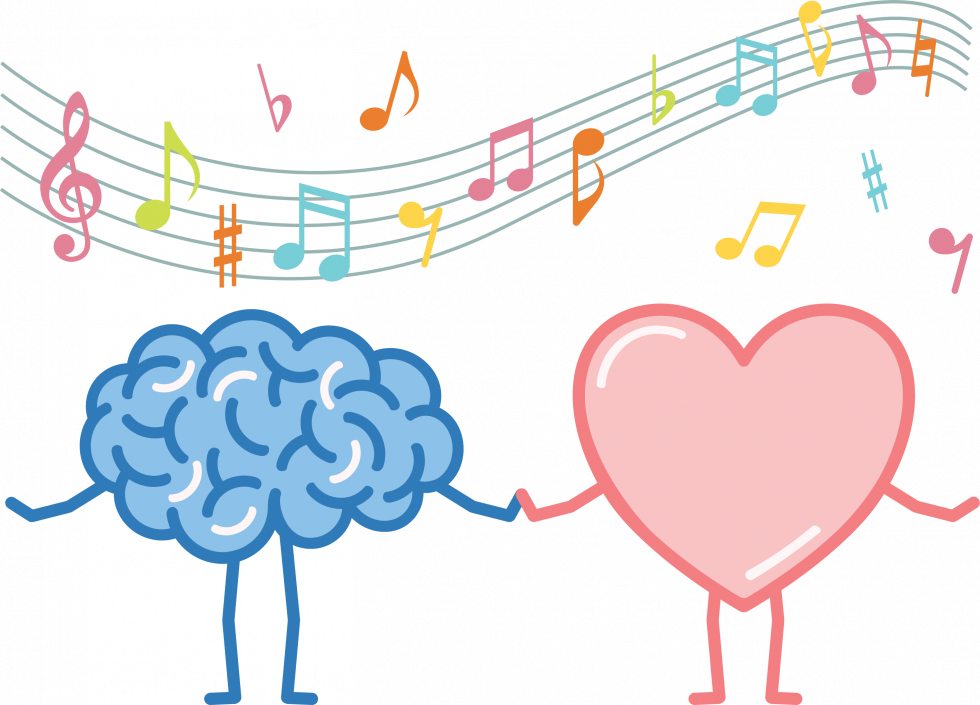Music and mental health
Image from Parenta
It’s that time of year again when every student on campus feels as though they’ve never been more busy preparing for finals and coming to terms with the fact that they must do homework over Thanksgiving break. However, when you are spiraling about assignments and exams, take a minute to think about how you feel once you listen to your favorite artist, album or playlist.
It’s no secret that music can influence our behaviors and emotions, but the psychological effects of music are fascinating to unpack, following the concept of “music therapy.”
Music therapy is an evidence-based therapeutic intervention used to help individuals achieve health and education goals relating to mental well-being, stress reduction, anxiety, depression, and even easing pain.
Whether you realize it or not, as college students, we all engage in music therapy techniques on a daily basis. We use music as a way to break down social barriers and increase social connections. Listening to music in group settings allows people to come together, decrease loneliness, and build meaningful relationships. So the next time you’re at a party, and everyone is singing along to a classic anthem, perhaps you’re engaging in a group music therapy session.
Most relevant to college students, music can help reduce levels of stress, particularly influencing the hypothalamic-pituitary-adrenal (HPA) axis and the autonomic nervous system – two parts of the human stress response. Listening to music can help people recover from stressors quicker, allowing for music to be a quick and easily accessible way to manage your stress wherever you are.
Given music's numerous benefits to an individual's well-being, here are some tips for actively engaging with music therapy techniques.
Wake up with music
Rather than waking up to the harsh sound of an alarm, try waking up to one of your favorite songs that puts you in a good mood, helping to make you feel like your day is already off to a good start. Perhaps make a morning playlist so while you’re getting ready and eating breakfast, you’re creating a space that makes you feel centered.
Make a playlist for your exercise or walking routine
Whether you are on a walk or at the gym, create playlists that work and move with you. Exercise of any kind is a great way to help release tension and stress levels, so curating playlists that help facilitate the movement you need can enhance your ability to feel more accomplished in your exercise.
“Happy Hour” with music
My personal favorite. Instead of aimlessly scrolling through social media or watching Netflix, make music a part of your evening routine. While you are making dinner or folding your laundry, listen to music that makes you feel relaxed and calm. Letting this style of music be a part of your nighttime ritual can help you sleep better and distract you from stressors.

